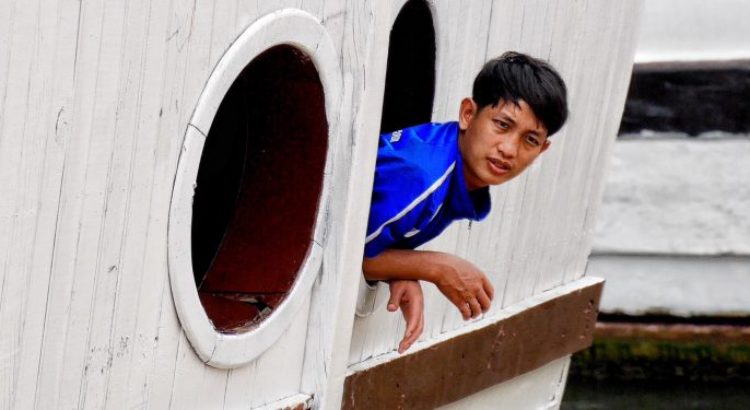By Anton Crace
A new decree from Vietnam’s government will increase the allowed proportion of domestic students in foreign-owned international schools, in a move being viewed by experts as a bid to attract more foreign investment and potentially encourage more students to remain in the country.
Decree 86, which was first mooted in 2017 and came into effect on 1 August, will allow international schools in Vietnam to have 50% of their enrolments made up of domestic students, upping the proportion from 10% for primary and 20% for secondary education.
“It is likely to become a ‘buyer’s market’ to the benefit of the target clientele of parents and students”
“The government is keen on attracting more foreign direct investment and expanding educational opportunities for its young people,” said Mark Ashwill, managing director of Capstone Vietnam.
“I think this is part of the recent trend of encouraging more foreign direct investment, and opening up Vietnam’s economy to the world. It’s a smart and timely decision.”
There has been increased interest in international schools among middle-class families in Vietnam, and the decree, which now permits teaching the National Curriculum in those schools, will likely have a positive impact on student choice, according to Ashwill.
“With more choices available than ever for parents and students, international schools will have to be at the top of their games in terms of curriculum, teaching staff, facilities, ancillary services, and reputation in order to be successful in the long-term,” he said.
“It is likely to become a ‘buyer’s market’ to the benefit of the target clientele of parents and students.”
In creating a buyer’s market, Phan Manh Hung, the attorney who helped the Vietnamese Ministry of Education and Training create the decree, said the new objective would also have a positive impact on state-owned schools.
“The Vietnamese government is hoping… more families stay in the country”
“The state-owned school systems reveal poor performance with a lot of weakness in terms of training quality,” he said.
“The competition between the private schools and state-owned schools would create the good opportunities for improvement of training quality.”
In implementing decree 86, which replaces the earlier decree 73, Hung said the government was tweaking its policies in order to alleviate concerns from foreign investors that setting up international schools would not be viable without domestic students.
As well as primary and secondary education, Hung said the Vietnamese government had also started eyeing investment in higher education, after a recent report from the department of foreign training noted more than 110,000 of its citizens were studying abroad, paying up to US$40,000 per year.
“This suggests that Vietnam is exporting about US$3bn every year to overseas education,” he said.
“The Vietnamese government is hoping that more K-12 international school options for local families in Vietnam will encourage more families to stay in the country, at least until higher education if not beyond, thereby reducing the number of Vietnamese studying abroad.”
Conversely, Ashwill said the decree might increase the opportunities for Vietnamese students to travel for their studies.
“[The new decree] will enable more children from well-to-do families to attend international schools, which will better prepare them for overseas study, the ultimate goal of many,” Ashwill said.
Among its other changes, decree 86 will also allow local kindergartens to link up with foreign entities, and sets the minimum investment to establish a university to one trillion Vietnamese dong, or 250 billion for a foreign-branch campus.
Vietnam has been active recently in establishing its ties with other countries, signing an agreement with Ireland and entering talks with other European nations in late 2017.
Source of the article: https://thepienews.com/news/vietnam-increases-domestic-participation-in-international-schools/







 Users Today : 69
Users Today : 69 Total Users : 35460452
Total Users : 35460452 Views Today : 124
Views Today : 124 Total views : 3419287
Total views : 3419287